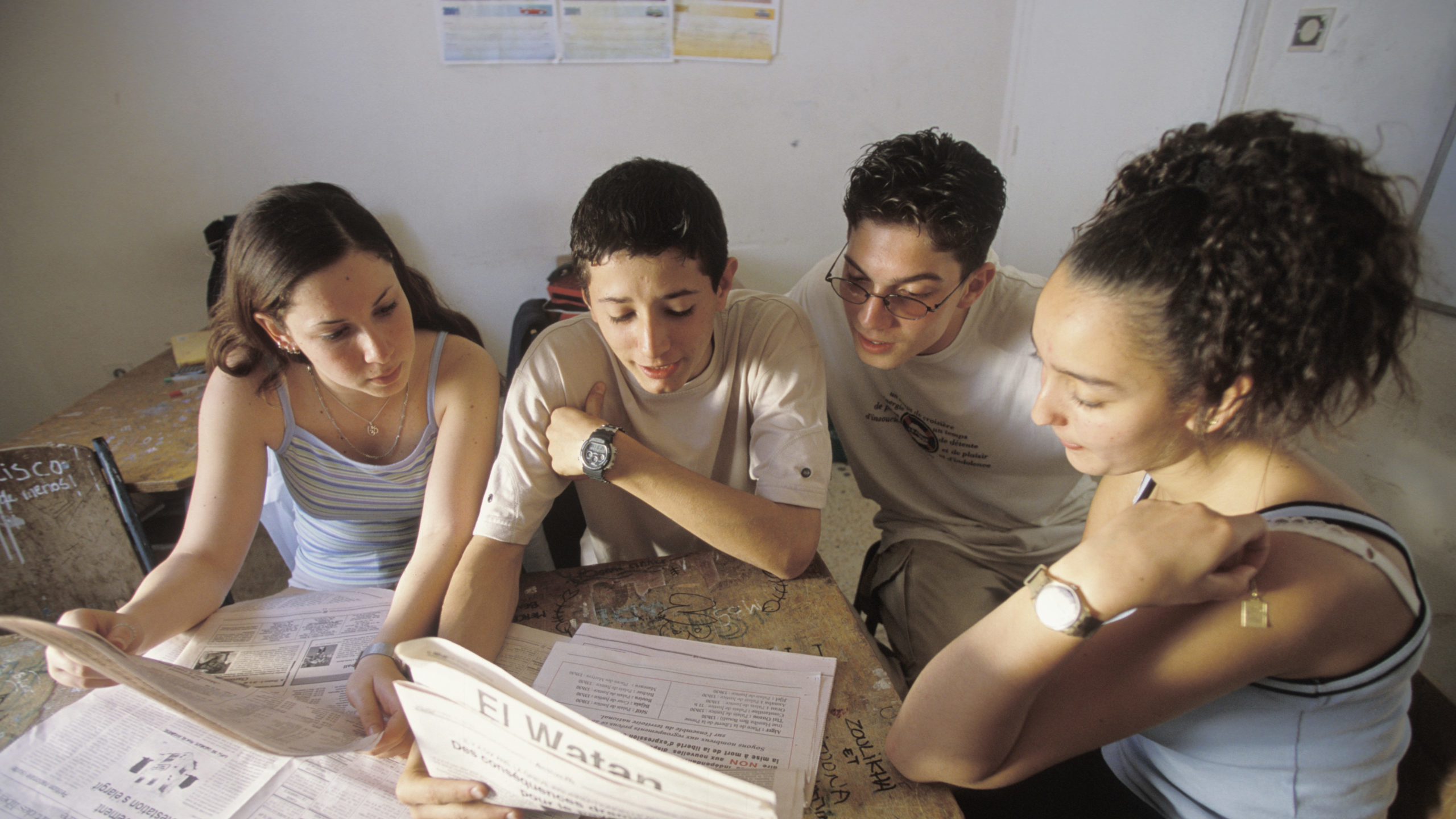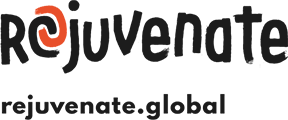resource
This case study tells the story of a child-led organisation called Tatu Tano which was started over ten years ago by a small NGO called Kwa Wazee (Kiswahili for older people). Kwa Wazee works with grandparents in a remote rural area of Tanzania. The area saw some of the worst impacts of HIV and AIDS with very high numbers of orphans, many of whom ended up being looked after by aged grandparents. Kwa Wazee began in 2003 as a cash transfer and social support project for grandparents looking after grandchildren. On the request of the grandparents, the organisation began dialogues between the older people and their grandchildren, and when the children asked for the meetings to be regular the Tatu Tano Organisation was set up.
As a first step, Kwa Wazee staff consulted over 100 children, asking them why they wanted regular group meetings. The children said they wanted the groups for friendship and so they could do income generation work together. Many of them were very poor as their grandparents were too old to earn an income. This poverty led to widespread discrimination against the children at school and in the community. Small groups of three to five children (Tatu Tano means “three five” in Kiswahili) were formed. They were small because the children suggested that it would be best to work with children who lived nearby. When this paper was written, there are 330 small groups that come together with neighbouring groups once a month in a cluster meeting run by the children. Kwa Wazee runs trainings in group dynamics, leadership, life skills, sexual and reproductive health, and agriculture, as well as running a loan and savings system so the groups can start their income generation projects.






